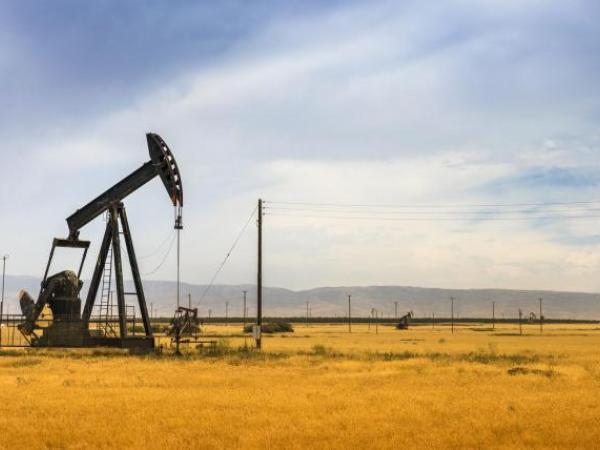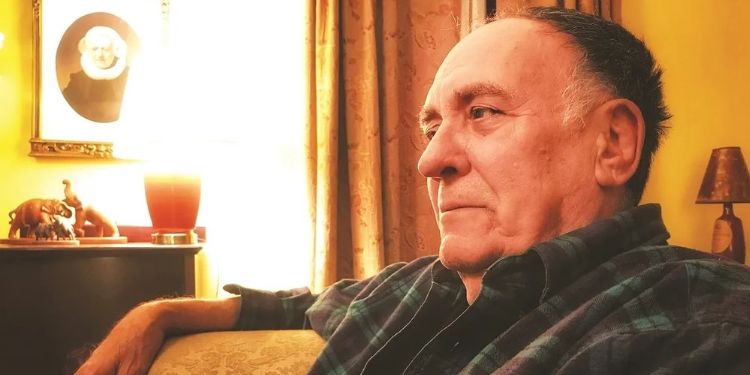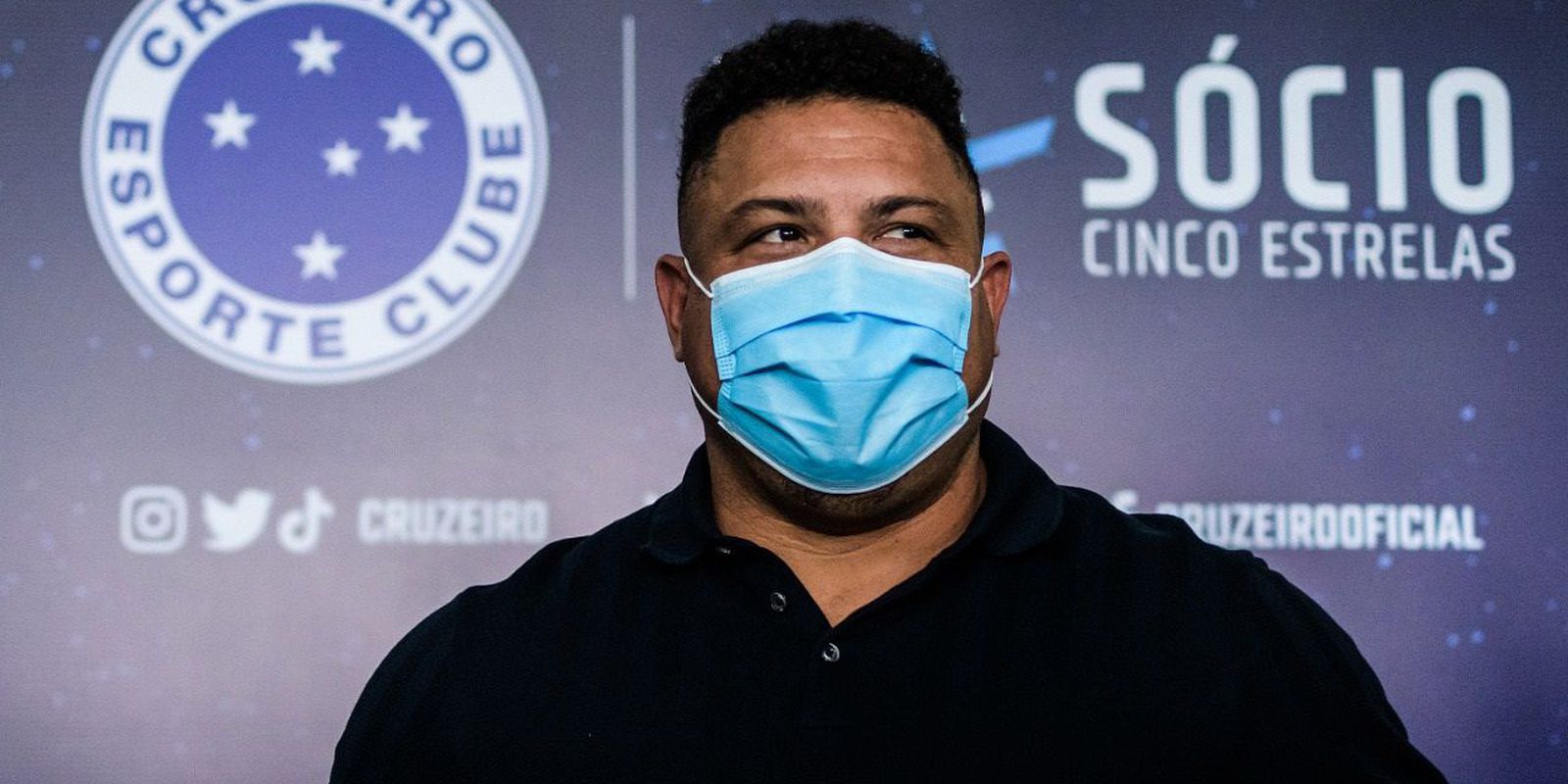The Minister of Environment and Sustainable Development of Colombia, Carlos Eduardo Correa, ensures that the pilot exploration of the fracking “will tell if there is next stage or not” in the country, where “currently, In general, it is prohibited“.
(See: In July, ‘fracking’ pilot Kale plans to drill).
The recent approval of a hydraulic fracturing pilot caused a stir in the country, after the president Ivan Duke promised during the 2018 election campaign that as long as he held the Narino Palace there would be no fracking.
However, the Constitutional court ordered the governmentdo four research projects“about the consequences that this technique would have, explains Correa in an interview with the agency EFE.
All these projectscome on a route of concertation, dialogue and consultation“, he adds.
(See: The country can do ‘fracking’ in another 7 oil basins).
In this context, a few weeks ago the first Pilot And Research, that is taking place”with all the technical, scientific and social rigor. There are the oversight offices, the communities to be able to see if that is generating the impact and precisely for that reason it is a research project: because today fracking is generally prohibited in Colombia“.
“It is being investigated and that result will tell if there is a next stage or not, but first we have to wait for the results“, insisted the person in charge of Environment.
“Until we have defined a result, we cannot say what the impact was, if it is positive or negative, if fracking works or does not work.“, he explained.
On March 28, the National Authority for Environmental Licenses (Anla) approved the first pilot project of fracking in Puerto Wilches, in the department of Santander, whose development will be in the hands of the state oil company Ecopetrol.
The fracking allows to extract the shale Gas, a type of hydrocarbon that is found in layers of rock at great depths, for which the earth has to be drilled and then large amounts of water mixed with chemicals are injected at high pressure to fracture the rock and release the gas.
(See: How much it would cost the world to do without Russian hydrocarbons).
SOIL SUBTRACTION
Another of the controversies in which the Ministry of Environment has been involved in recent weeks has been the approval of a decree of soil subtraction that, although it has been clarified by the institution, it has been criticized for opening the door to mining and oil exploration in Colombia.
Carlos Eduardo Correa, Minister of the Environment.
Correa, when addressing the issue, indicates that “the process of abduction has always existed in Colombia“when is it for”projects of strategic importance for the nation or of civil interest“, and that the decree approved by the Environment portfolio seeks, on the one hand, “charge for these processes, because we need financing to be able to reach the territory and control“.
And, on the other hand, that the dispatch process be “faster“, because “sometimes it takes three, four or five years“.
(See: The country prepares another oil round).
In the specific case of mining and oil exploration, continues Minister Correa, what the decree seeks is that “if in any region there is forest or it does not touch those ecosystems, it could be done more quickly with the control and monitoring, of course, of the Ministry“.
“There are areas where, for example, forest has been lost over 50 years, and there is not a tree to cut down. So, in those cases, the process can be faster, but at no time are we leaving the way open for extraction or mining exploration to do their thing.“, he added.
The Minister Correa blames the desire for “misinform or not understand some things” the controversy that was generated after the publication of the aforementioned decree.
EFE








